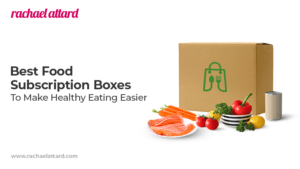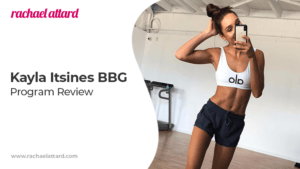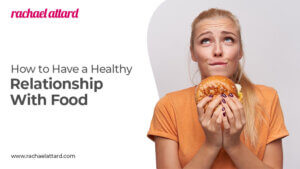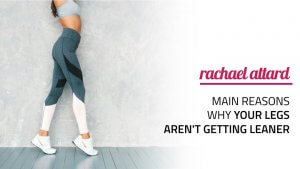The Filthy Truth About Organic Foods
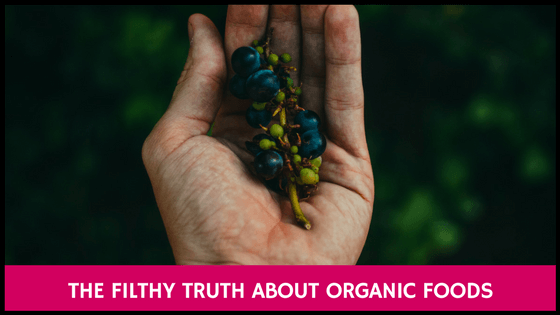
Are you considering adding organic foods to your diet? The saying that ‘you are what you eat’ is certainly true. If you want a slim, toned body then you must think about the food you are consuming.
You’ll find plenty of studies that show organic food is more nutritious and plenty that show it isn’t. But the truth is that it doesn’t matter if organic food is better for you nutritionally than non-organic food.
What matters is the pesticide content. Here is the filthy truth about organic foods.
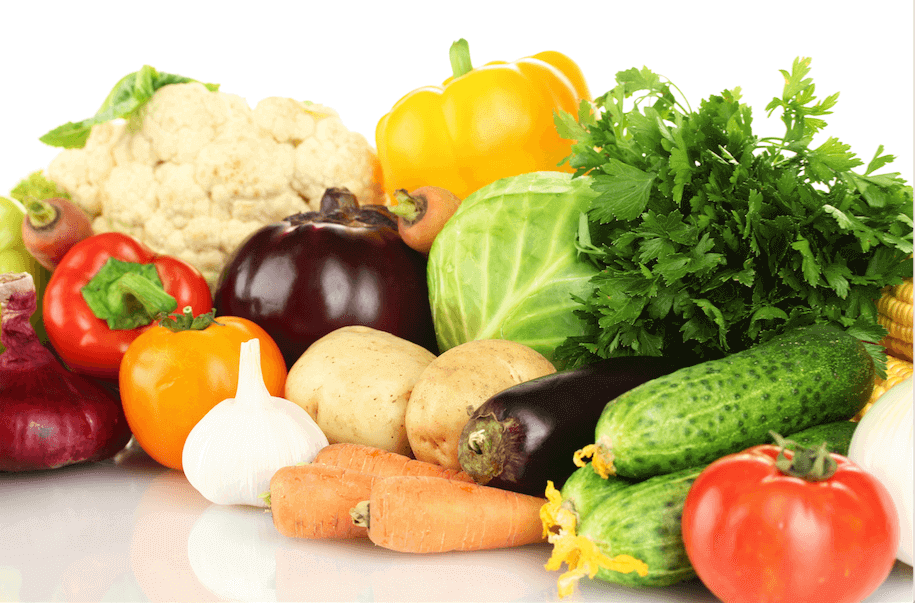
What are organic foods?
For an item to be labeled organic it needs to comply with the organic food standards. A farmer will need to prove this before they can label their produce as organic.
To qualify for the label the food must be grown without using man-made fertilizers, pesticides or any genetically modified material. In essence this means your organic food is grown in tune with nature.
Any product which is genuinely 100% organic should have a certified body label, such as the soil association or the USDA organic seal.
Why Organic?
Consuming organic food will help the environment; fewer chemicals going into the soil will reduce the pollution of the land and rivers. You’ll be helping to protect the planet!
But there a more important, personal reason to eat organic food; pesticides.
A pesticide is a man made chemical designed to destroy the bugs which attack farmer’s crops. This is seen as necessary to protect the crops and ensure a good harvest.
However, these pesticides will remain in the food you eat. This means they can then act as a poison inside your body. Perhaps most worrying is the fact that these pesticides can stay in your body for a long period of time, creating a gradual build-up and potentially damaging your health.
Consider this, DDT used to be an ingredient in pesticides until it was found out that it was dangerous. It was banned in 1972. However you can still find DDT in people today, even those who were born after it was banned! Of course, it also remains present in nature causing damage to a variety of ecosystems.
Eating organic will help to maintain your health, allowing you to keep fit and remain healthy as you age.

Ways In which companies present themselves as organic
Despite there being strict guidelines there are ways in which non-organic foods can present themselves as organic! Any item which complies with the organic guidelines can display a certificate and will have a label saying “100% organic”. It should also note the certified body it adheres to.
But, you will also find these labels –
Organic
This means it is 95% organic. The other 5% of ingredients can be non-organic although they should still adhere to the allowed ingredients list supplied by the certified body.
Made with organic ingredients
This only needs to be 70% organic ingredients, the rest can be non-organic.

Organic ingredients
This should only be used on an ingredient label to identify a specific ingredient, but it is very easy to add it in as a marketing statement.
You should also note that free range, or naturally produced are not the same as organic. There is no guarantee that they have been looked after in compliance with organic regulations.
In short, any mention of organic should be backed up with a certificate from the relevant body. You’ll be able to check their authenticity online. If it’s not 100% organic then the benefit you’ll get from choosing it will be limited.
Benefits of eating organic
The major benefit of eating organic food is that you are not placing any additional man-made chemicals into your body. Heavy metals and other chemicals can mess up your hormones and liver function, causing weight gain and difficultly losing weight.
Here are some other benefits of eating organic:
- Antioxidants are more effective from organic food than supplements;
- Heart boosting fatty acids are more prevalent in grass fed animals; and
- They taste better. Not all studies agree on this, but locally produced food is generally fresher and tastes better.
 Best organic foods to add to your diet
Best organic foods to add to your diet
You’re probably already aware that organic food is generally more expensive to buy than non-organic. This is largely because it is more labor intensive.
If you can’t afford to buy everything organic (because let’s face it, most of us can’t!), try to get these things organic:
- The “dirty dozen” (i.e. the most contaminated produce) – strawberries, spinach, nectarines, apples, peaches, pears, cherries, grapes, celery, tomatoes, bell peppers and potatoes
- Meat – organic meat is more expensive, but does not contain artificial hormones, and is fed with organic produce and no antibiotics. It also tastes better!
- Dairy – no antibiotics or growth hormones, plus the animals are fed organic foods themselves
- Wine – grapes are on the dirty dozen list
- Coffee – coffee is the 3rd most sprayed crop
Another option is to purchase organic food directly from a farmer or through one of the box schemes. You’ll fund this is much more affordable.
If you don’t have the budget for organic food, focus on naturally produced, local food. This can still be very high quality and will often not have the damaging side effects of pesticides and other man-made chemicals.
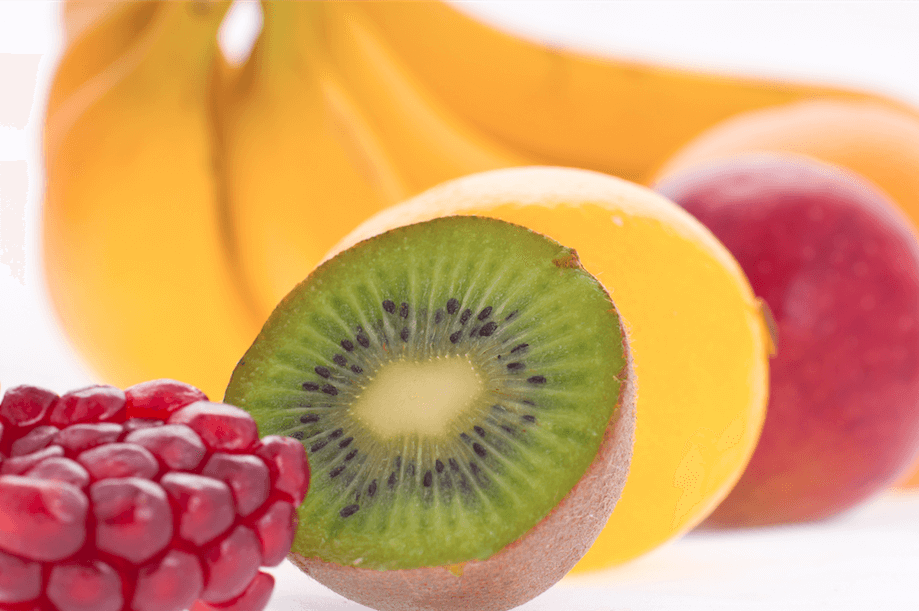
The Bottom Line
Organic foods are better for the environment but their nutritional benefit to you is very little different to non-organic foods.
However, they can help you to stay healthy as you will not be consuming man-made chemicals that can disrupt your hormones, liver function as well as other functions in your body.
My advice would be to go organic where you can afford it. And also try to shop around. You might be surprised at the deals you can find, especially if you choose to eat seasonally available produce :) I hope the filthy truth about organic foods has helped :) Xx

